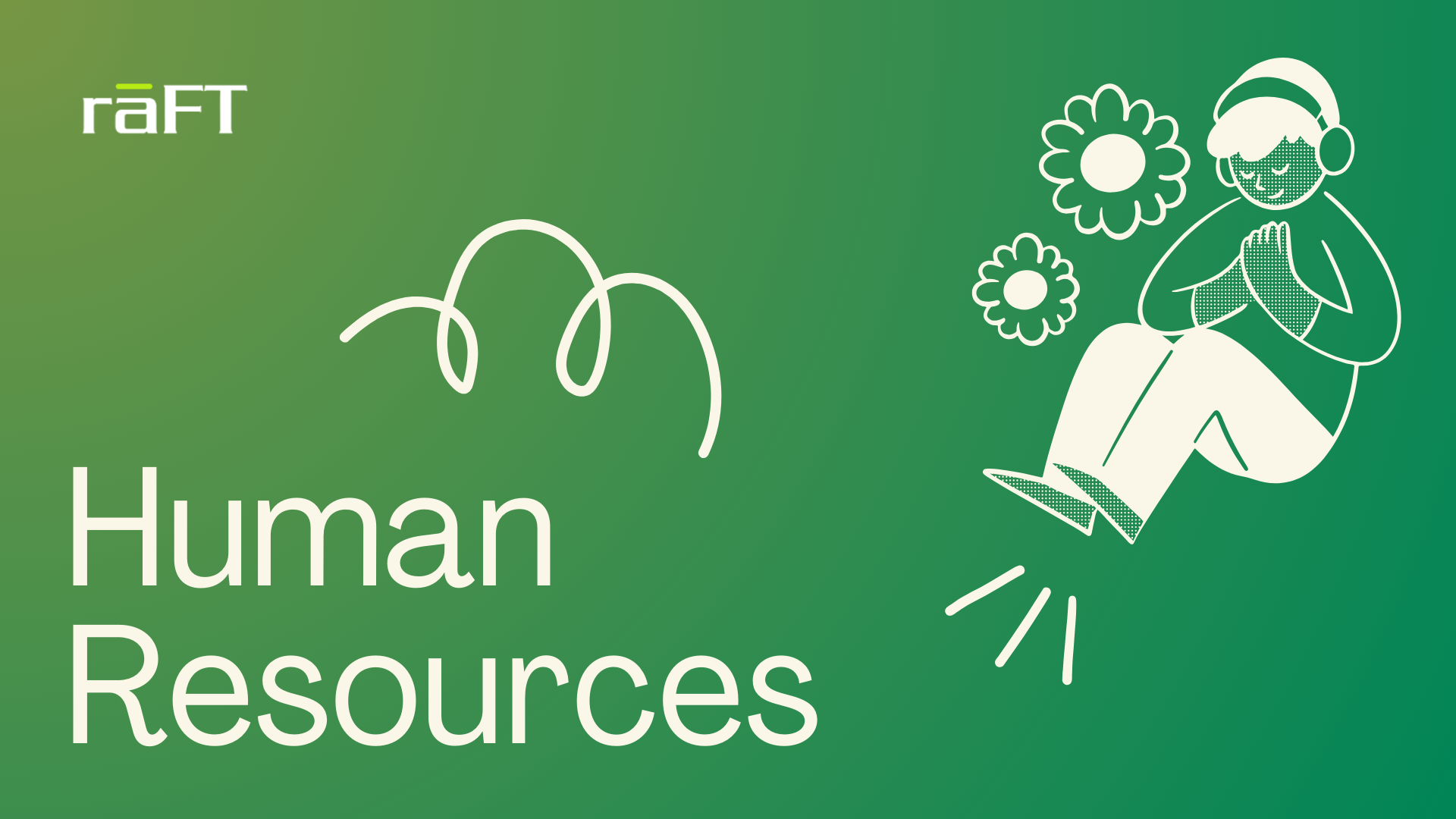
- Training Needs Analysis:
- HR professionals collaborate with managers and department heads to identify skill gaps and determine the training needs of employees. This involves assessing current competencies, future requirements, and aligning them with organizational goals.
- Design and Delivery of Learning Programs:
- HR plays a central role in designing and delivering effective learning programs. This includes selecting appropriate training methods, content development, and choosing the right delivery platforms. HR also ensures that these programs are in line with the overall business strategy.
- Talent Development and Succession Planning:
- HR is responsible for identifying high-potential employees and developing talent pipelines. This involves creating succession plans and implementing strategies to prepare employees for leadership roles. By investing in continuous learning and development, HR helps ensure a pool of skilled individuals ready to take on key positions.
- Employee Engagement and Motivation:
- HR contributes to employee engagement by fostering a culture of learning and growth within the organization. This includes promoting a positive attitude toward learning, recognizing and rewarding achievements, and providing opportunities for professional development. Engaged employees are more likely to participate actively in learning initiatives.
- Monitoring and Evaluation:
- HR tracks the effectiveness of learning programs through various metrics and feedback mechanisms. This involves assessing the impact of training on employee performance, identifying areas for improvement, and making necessary adjustments to the L&D strategy. Regular evaluations help ensure that the organization’s learning initiatives align with its goals.
- Technology Integration:
- With the advancement of technology, HR plays a role in integrating learning management systems (LMS) and other digital tools to streamline the learning process. This includes selecting and implementing technology solutions that enhance the accessibility, effectiveness, and efficiency of learning initiatives.
- Adapting to Changes and Trends:
- HR professionals stay abreast of industry trends, changes in job roles, and emerging skills. By understanding the evolving landscape, HR can proactively update learning programs to address new challenges and opportunities, ensuring that employees remain equipped with the latest skills and knowledge.


